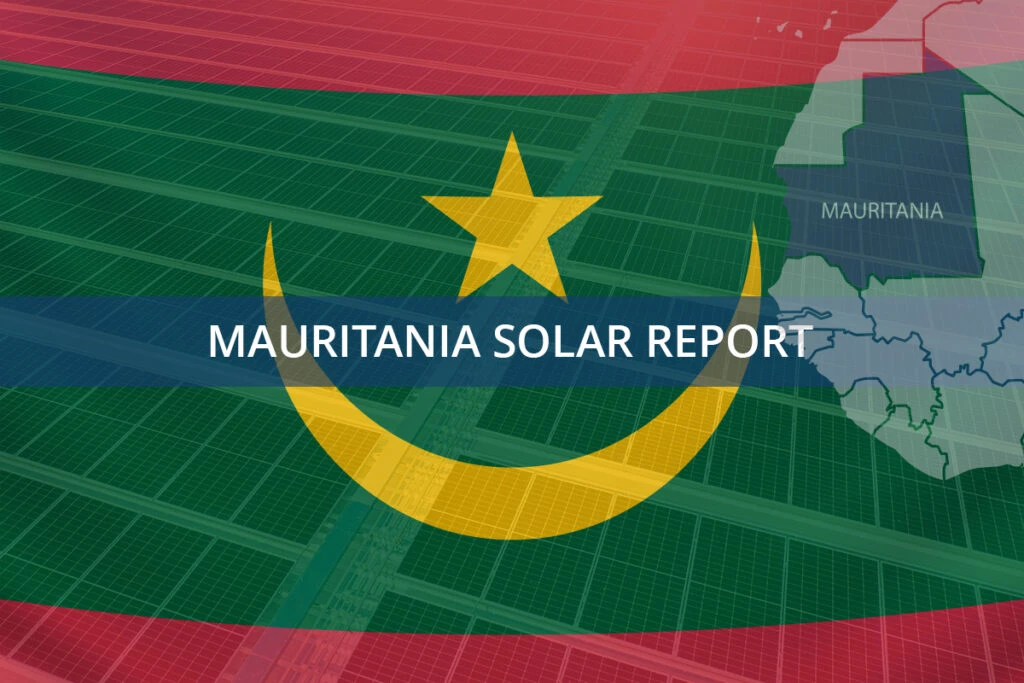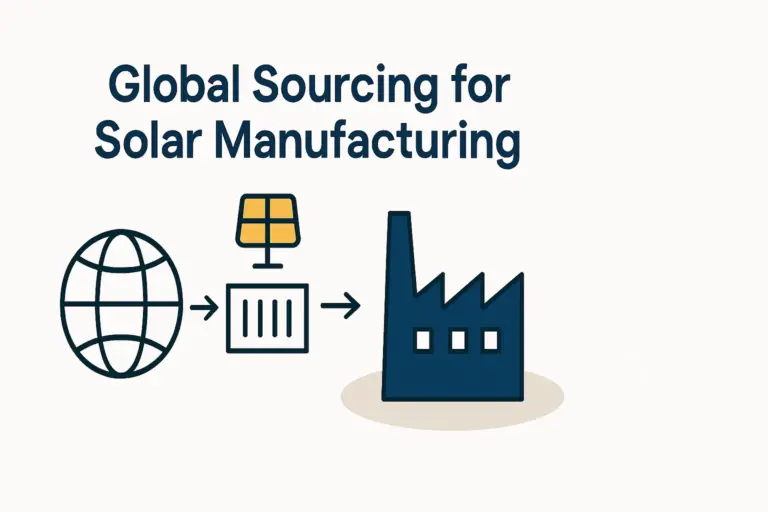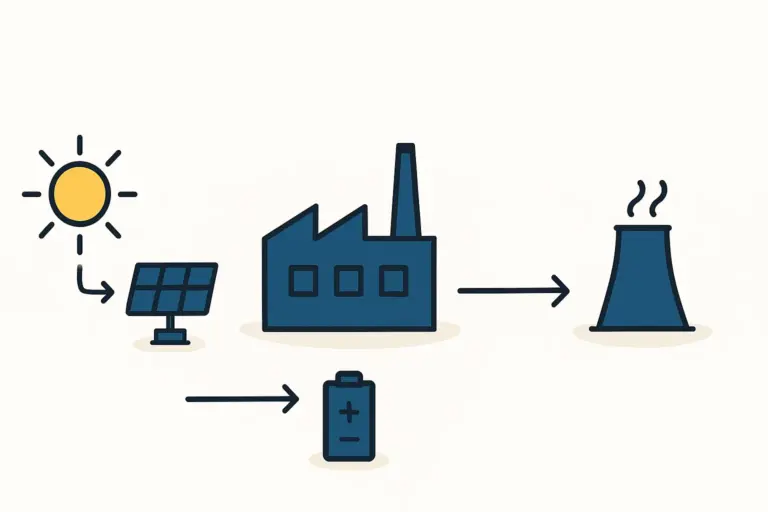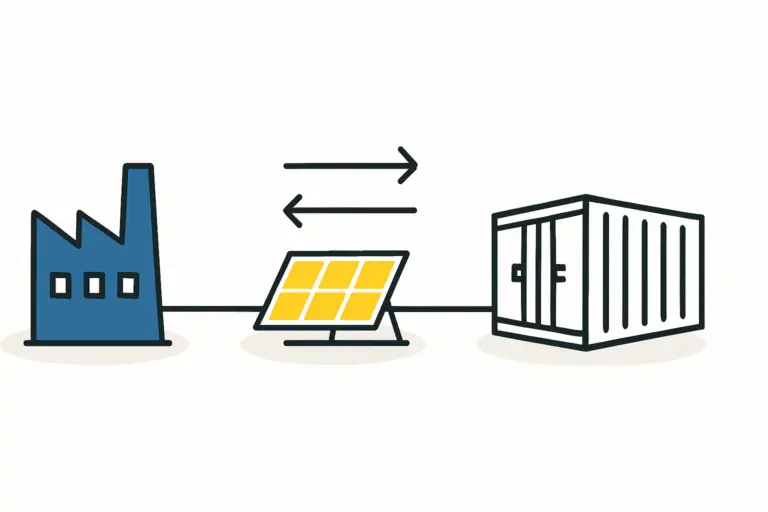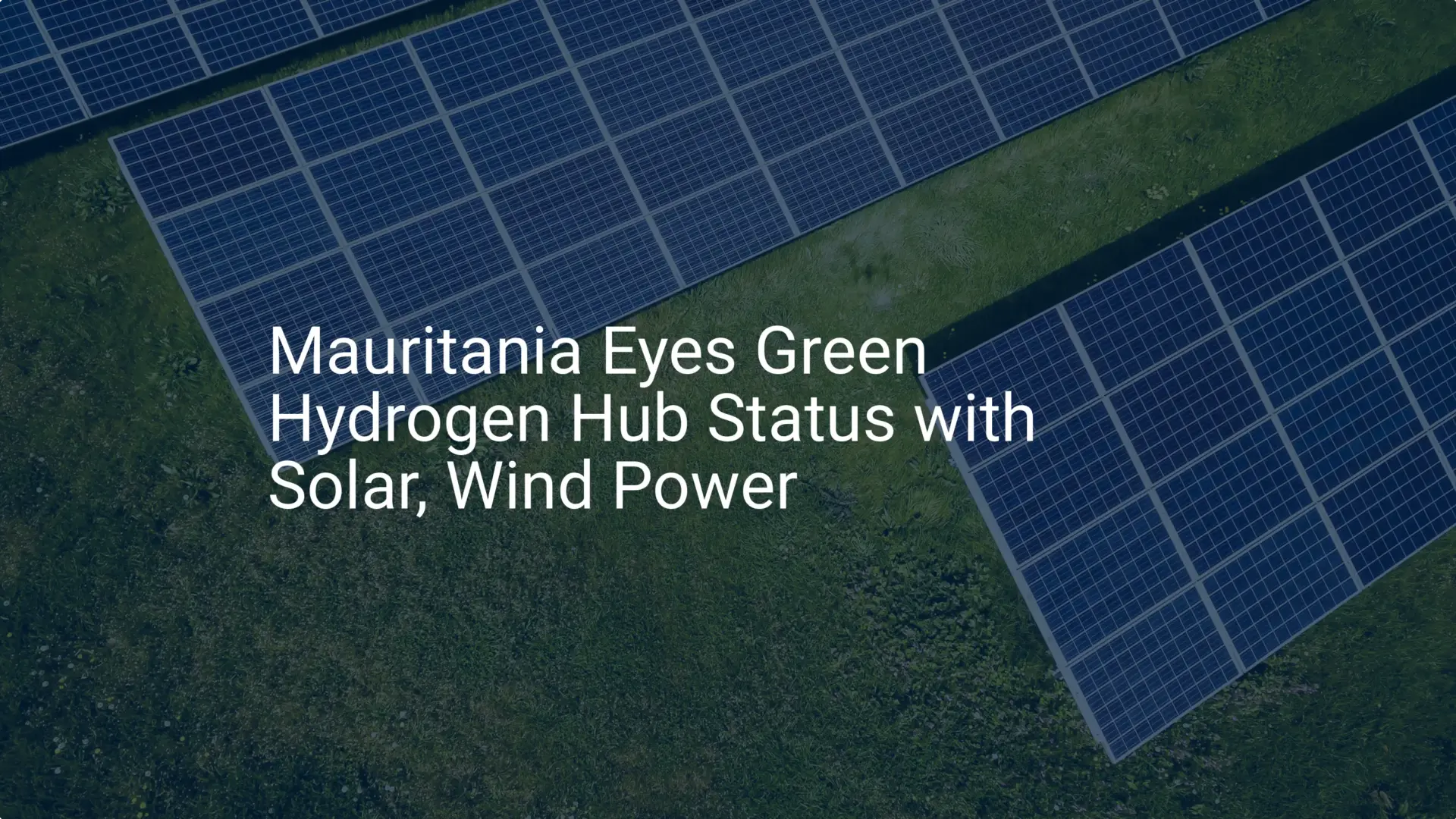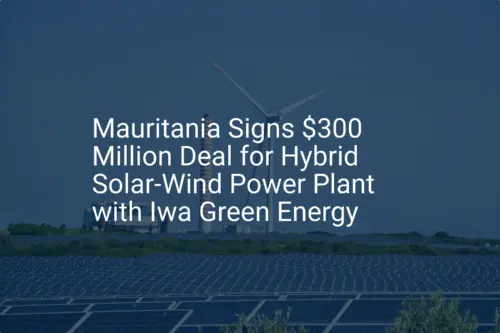Choosing where to establish a new solar module factory is often more critical than selecting the machinery itself. While entrepreneurs rightly focus on production technology, the long-term profitability and operational efficiency of their venture are often determined long before the first machine is installed. A factory’s location influences everything from supply chain costs and tax burdens to market access and regulatory hurdles.
For investors considering Mauritania as a base for solar manufacturing, the country is a compelling option. However, they face a crucial choice: establishing the facility within a standard industrial area or leveraging the unique advantages of a special economic zone. This analysis weighs these two approaches, focusing specifically on the Nouadhibou Free Zone (NFZ) as a prime example of how strategic site selection can create a significant competitive advantage.
Understanding the Strategic Importance of Factory Location
Choosing a site for a manufacturing plant is a foundational business decision with far-reaching consequences. The process extends far beyond simply securing a plot of land; it involves a careful assessment of several interconnected factors:
-
Fiscal Environment: Corporate taxes, value-added tax (VAT), and property taxes directly impact operational costs and net profits.
-
Customs and Tariffs: Duties on imported machinery and raw materials can substantially increase initial capital expenditure and ongoing production costs.
-
Logistical Infrastructure: Proximity to deep-water ports, airports, and major road networks is essential for efficiently importing components and exporting finished solar modules.
-
Regulatory Framework: The complexity of business registration, permitting, and labor laws can affect the timeline to become operational and the flexibility of workforce management.
A location that optimizes these four pillars can provide a sustainable advantage, whereas a poor choice can create persistent operational friction.
An Overview of the Nouadhibou Free Zone (NFZ)
Established by Law No. 2013-018, the Nouadhibou Free Zone is a designated economic area created to attract foreign investment and stimulate industrial development. Located on Mauritania’s Atlantic coast, it is positioned as a strategic gateway between Africa, Europe, and the Americas. The core concept of the NFZ is to create a highly favorable business ecosystem by minimizing taxes and streamlining administrative processes.
For an international investor, one of its most practical features is the ‘Single Window’ (Guichet Unique). This centralized authority handles all administrative procedures, from company formation to securing licenses, drastically reducing the bureaucratic complexity often associated with setting up operations in a new market.

Key Advantages of the NFZ for Solar Module Manufacturing
For a solar module manufacturer, the NFZ’s specific provisions translate into tangible financial and operational benefits.
Unmatched Fiscal and Customs Incentives
The most significant advantage of operating within the NFZ is its exceptional tax and customs regime. Companies established in the zone receive a complete exemption from taxes on industrial and commercial profits. They are also exempt from VAT and property tax.
This contrasts sharply with standard industrial zones, where national tax laws apply. The most powerful benefit, however, lies in the customs framework. No customs duties or taxes are levied on imported capital goods like manufacturing equipment, raw materials and components needed for production (e.g., solar cells, glass, EVA films, aluminum frames), or exported finished products.
This duty-free environment creates a frictionless corridor for the entire manufacturing value chain, from initial investment to final sale. The capital saved on import duties for machinery alone can be substantial, allowing for reinvestment in better technology or working capital.
Superior Logistical and Infrastructure Hub
A solar factory is a logistics-driven enterprise, reliant on the smooth flow of goods. The NFZ is built around the Port of Nouadhibou, a deep-water port capable of accommodating large container vessels. This is a critical asset for importing raw materials in bulk and exporting finished panels to international markets.
Beyond the port, the zone is also serviced by an international airport and connected to Mauritania’s main arterial road, the Route Nationale 2. This integrated transport network ensures an efficient logistical chain, whether materials arrive by sea or finished goods are distributed by land to neighboring West African countries. The NFZ’s infrastructure provides an ideal foundation for a well-designed solar factory layout that accounts for this inbound and outbound flow.

A Flexible and Streamlined Regulatory Environment
Time and flexibility are valuable resources for any new business. The NFZ offers a more adaptable labor code than the one governing the rest of the country, giving employers greater flexibility in hiring, contract negotiation, and overall workforce management. This is particularly relevant when planning the workforce for a solar factory, as it allows for building a team tailored to the specific technical demands of module production.
The Single Window further enhances this streamlined environment. It acts as a single point of contact for all regulatory interactions, accelerating the setup phase and minimizing administrative burdens throughout the project’s life. Combined with the availability of long-term land leases, this creates a stable and predictable foundation for long-term industrial investment.
Comparing the NFZ with Other Industrial Locations in Mauritania
To appreciate the scale of the advantage, a direct comparison is helpful.
| Factor | Nouadhibou Free Zone (NFZ) | Standard Industrial Area in Mauritania |
|---|---|---|
| Corporate Tax | 0% exemption on industrial & commercial profits | Standard national corporate tax rates apply |
| VAT | 0% exemption | Standard national VAT rates apply |
| Customs on Machinery | 0% duties and taxes | Standard import tariffs apply |
| Customs on Raw Materials | 0% duties and taxes | Standard import tariffs apply |
| Customs on Exports | 0% duties and taxes | Tariffs may apply depending on trade agreements |
| Administration | Centralized ‘Single Window’ for all procedures | Requires interaction with multiple government ministries |
| Logistics | Integrated deep-water port, airport, and highway access | Proximity to key infrastructure varies; may require significant inland transport |
| Labor Law | More flexible, zone-specific regulations | Governed by the national labor code |
This comparison makes it clear that the NFZ is not merely a location but a comprehensive economic platform designed to reduce cost, risk, and complexity.
A Practical Perspective: The Business Case for the NFZ
From a business planning perspective, these advantages translate directly into a stronger financial model. Based on experience from turnkey projects globally, the reduction in initial capital expenditure from customs exemptions on machinery can reach 20–30%. This capital can then be reinvested into higher-quality equipment or used as operational cash flow.
Furthermore, the ongoing operational savings from zero corporate tax and no duties on raw materials result in a lower cost of goods sold (COGS). This allows the factory to be more price-competitive in both domestic and export markets, leading to a faster return on investment. For an entrepreneur targeting the growing ECOWAS market and potential export to Europe, the NFZ’s logistical framework offers a significant competitive advantage over more inland locations.

Frequently Asked Questions (FAQ)
What is a ‘Free Zone’ in simple terms?
A free zone is a specific geographical area where a country’s business and trade laws differ from those in the rest of the nation. The primary goal is to attract foreign investment by offering incentives like tax exemptions and customs duty relief.
Are there any limitations to operating in the NFZ?
The benefits of the NFZ are contingent on companies operating according to the zone’s regulations, which are typically designed to promote export-oriented businesses. While sales to the domestic Mauritanian market may be possible, they are often subject to different rules and may not receive the same tax and customs benefits.
How does the NFZ help with sourcing raw materials?
The zone significantly lowers production costs by allowing a manufacturer to import all necessary raw materials—such as solar cells, tempered glass, aluminum frames, and encapsulants—completely free of customs duties and taxes. This direct cost reduction is a primary advantage.
Is the workforce in Nouadhibou skilled enough for solar manufacturing?
While the local workforce may not have prior experience in solar module assembly, this is a common scenario globally. A key component of any turnkey factory setup is a comprehensive training program for local staff. The NFZ’s flexible labor regulations facilitate the process of recruiting and training a dedicated team to operate the production line effectively.
Conclusion and Next Steps
The selection of a factory site is a foundational decision that influences every aspect of a business’s operations. For entrepreneurs looking to establish solar module manufacturing in Mauritania, the Nouadhibou Free Zone presents a compelling and strategically sound business case. Its unique combination of comprehensive fiscal incentives, world-class logistical infrastructure, and a streamlined regulatory environment directly tackles the key challenges that industrial investors face.
While recognizing the zone’s existence is the first step, the crucial next move is to develop a comprehensive financial model and business plan that accurately quantifies these local advantages. A detailed feasibility study is essential to translate these benefits into concrete projections for a specific project. Resources like the pvknowhow.com e-course provide a structured framework to guide entrepreneurs through this critical planning phase, ensuring their venture is built on a solid foundation for success.

